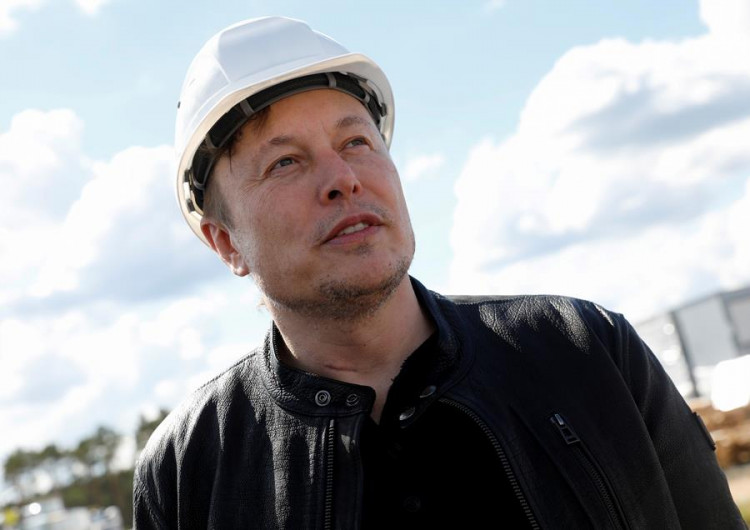President-elect Donald Trump has appointed tech billionaire Elon Musk and biotech entrepreneur Vivek Ramaswamy to co-lead a newly formed "Department of Government Efficiency" (DOGE), tasked with overhauling federal operations and cutting costs. Announcing the appointments on Tuesday, Trump said the initiative aims to slash government waste, reduce regulations, and streamline federal agencies as part of his administration's renewed focus on limited, efficient governance.
In a statement, Trump praised Musk and Ramaswamy's track records for innovation and reform, saying, "Musk and Ramaswamy will pave the way for my administration to dismantle government bureaucracy, slash excess regulations, cut wasteful expenditures, and restructure federal agencies." He expressed confidence that their leadership would create "an entrepreneurial approach to government never seen before."
Musk, who has long advocated for reducing government inefficiencies, vowed that the new department would "send shockwaves through the system" and eliminate unnecessary spending. The Tesla and SpaceX founder, known for his outspoken views on social media, previously called for cutting the federal budget by $2 trillion and hinted at reducing the number of federal departments from over 400 to "99," emphasizing a need for radical change.
The creation of DOGE comes with the mandate to partner with the Office of Management and Budget to drive structural reforms. While the department's title bears the same name as the meme cryptocurrency Dogecoin, Trump's camp insists the move reflects a serious commitment to reform. The department is set to operate from outside the traditional federal government structure, providing "advice and guidance" without requiring Senate confirmation for Musk and Ramaswamy. This arrangement allows both leaders to maintain their private-sector roles.
Ramaswamy, who endorsed Trump after suspending his own presidential campaign earlier this year, has called for mass layoffs within federal agencies, arguing for a leaner, more responsive government. Both he and Musk have expressed a desire to transform what they perceive as outdated and bloated bureaucratic systems.
Trump's announcement also included other notable picks for his new administration, such as former director of national intelligence John Ratcliffe for CIA director and Fox News host Pete Hegseth for Secretary of Defense. Hegseth's selection has drawn criticism due to his limited military experience and controversial views on diversity within the armed forces. He has publicly argued against women serving in combat roles, suggesting it complicates military readiness.
As Trump prepares for his second term, his appointments reflect a blend of loyalty, political allies, and unconventional figures aimed at delivering on his campaign promises. Musk's selection, in particular, fulfills a commitment Trump made to the tech mogul following his endorsement and financial backing during the 2024 campaign.
The incoming administration faces a July 4, 2026, deadline to complete its work, aligning with the 250th anniversary of the Declaration of Independence. "A smaller government, with more efficiency and less bureaucracy, will be the perfect gift to America," Trump declared, signaling the administration's ambitious reform agenda.
Despite Trump's emphasis on reform, concerns remain. The American Federation of Government Employees, which represents federal workers, warned that the proposed efficiency measures could result in "massive cuts" and significant layoffs across multiple departments. Critics also raised questions about potential conflicts of interest, as federal employees are typically required to disclose assets and avoid business entanglements-a concern that has historically plagued Trump himself.






